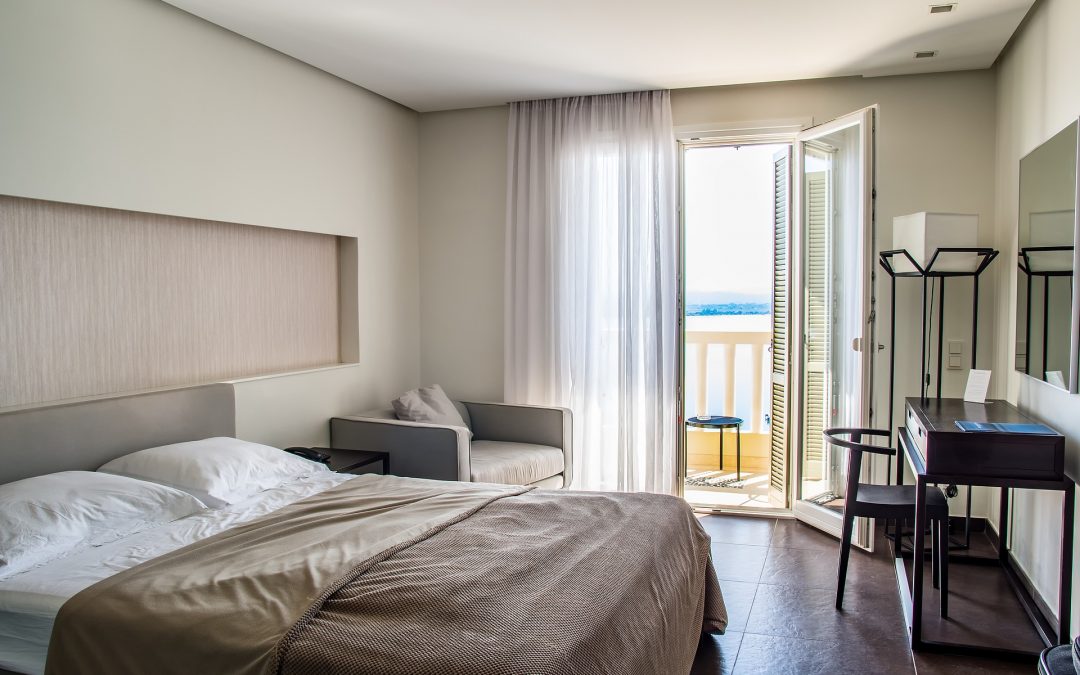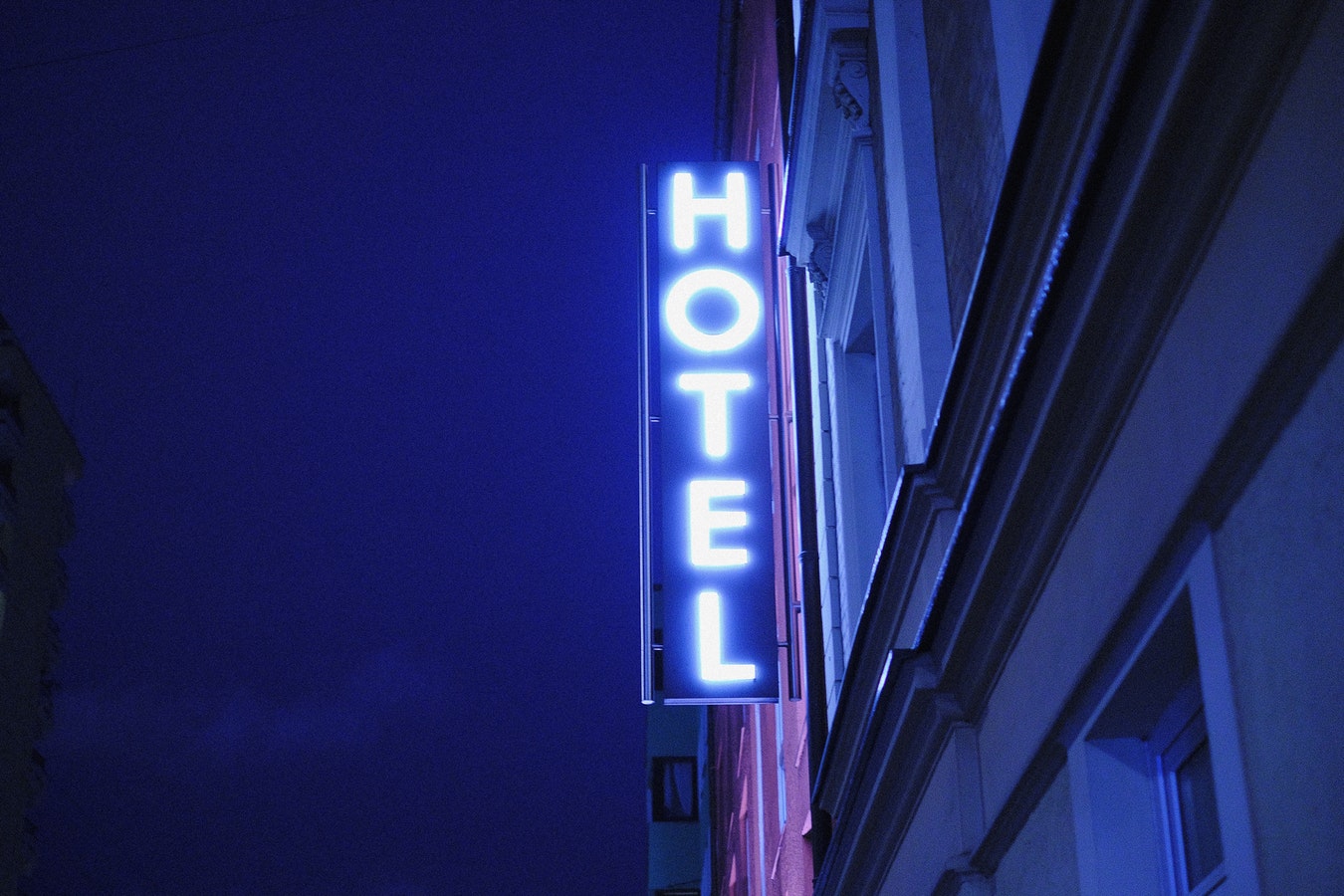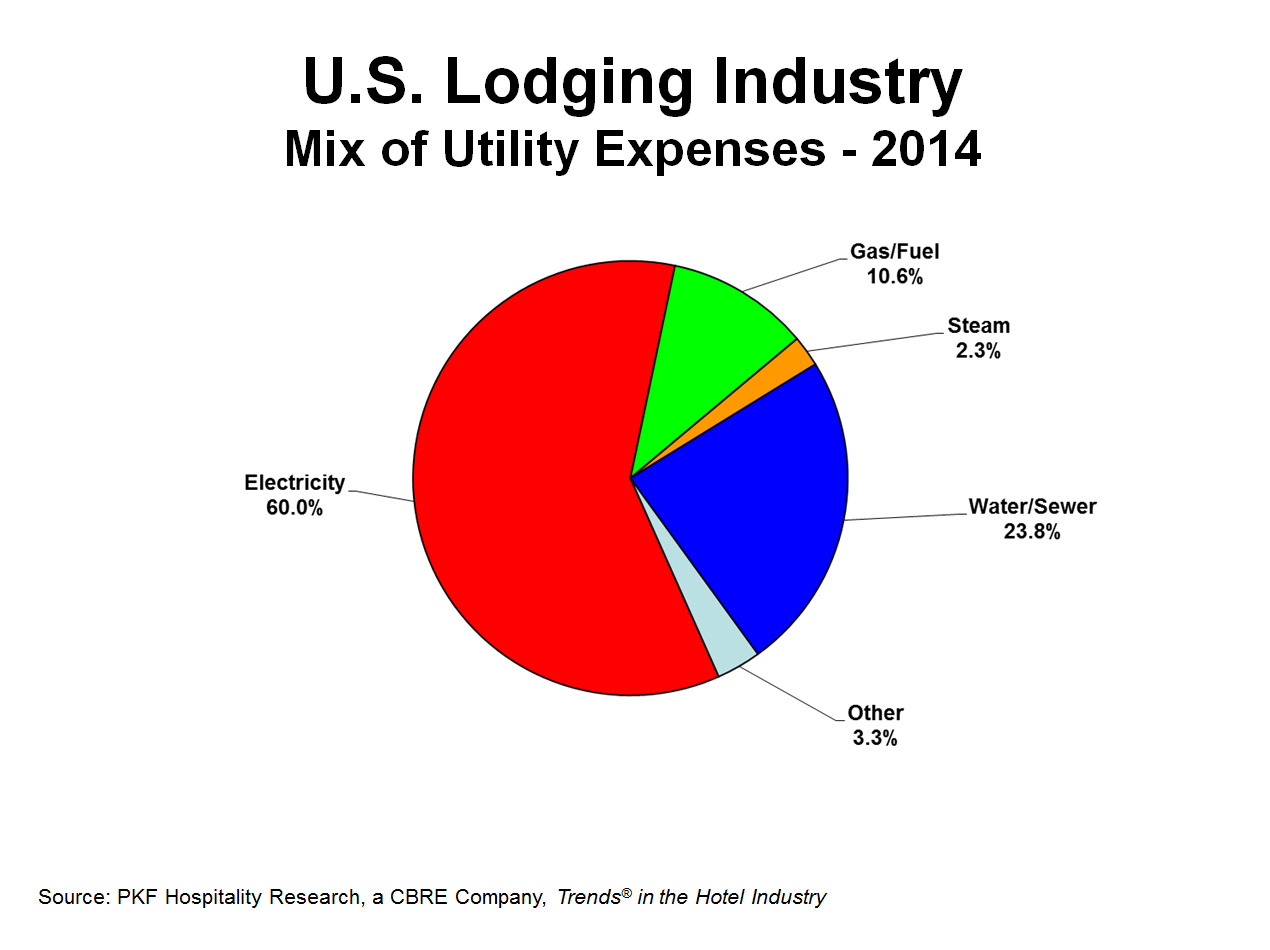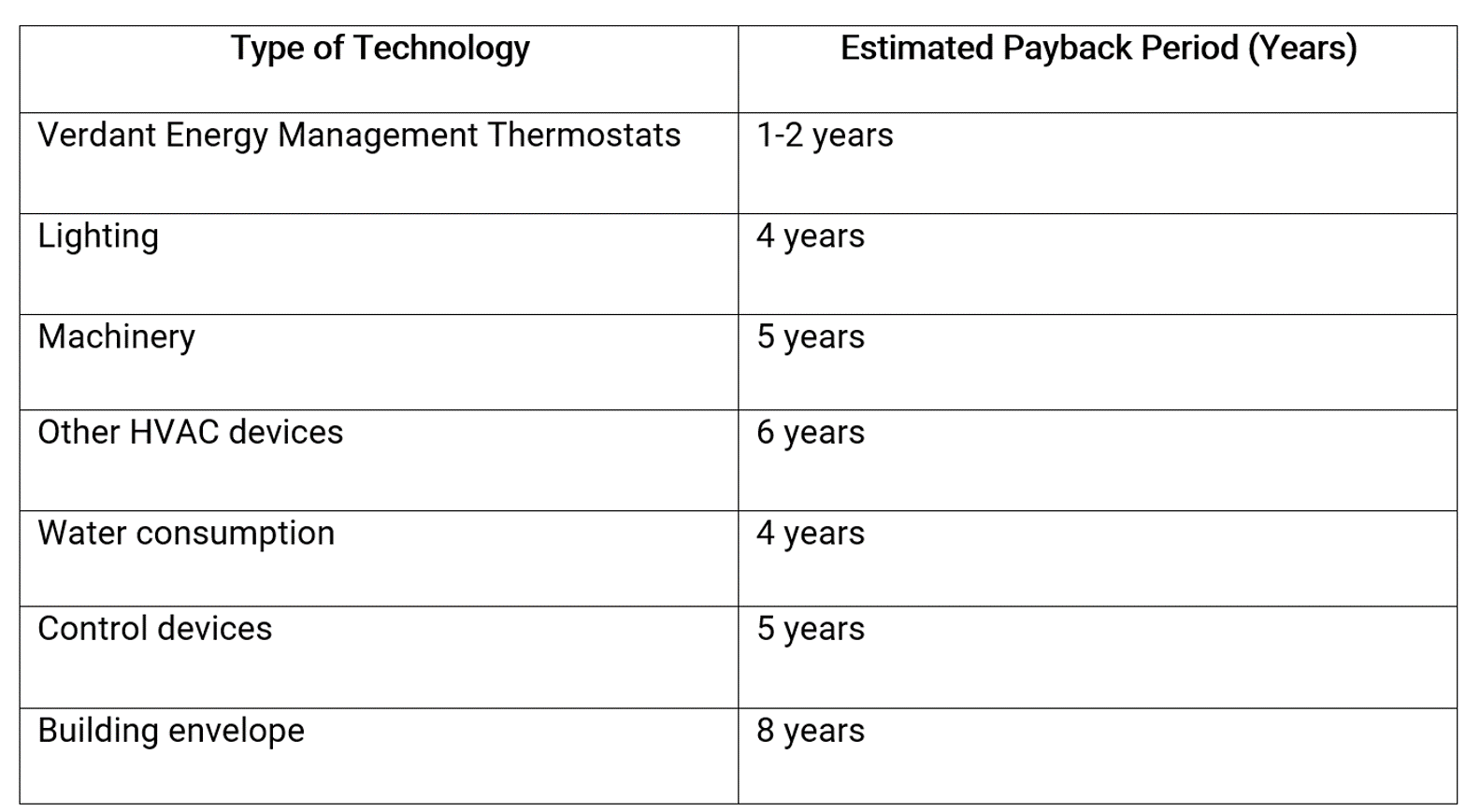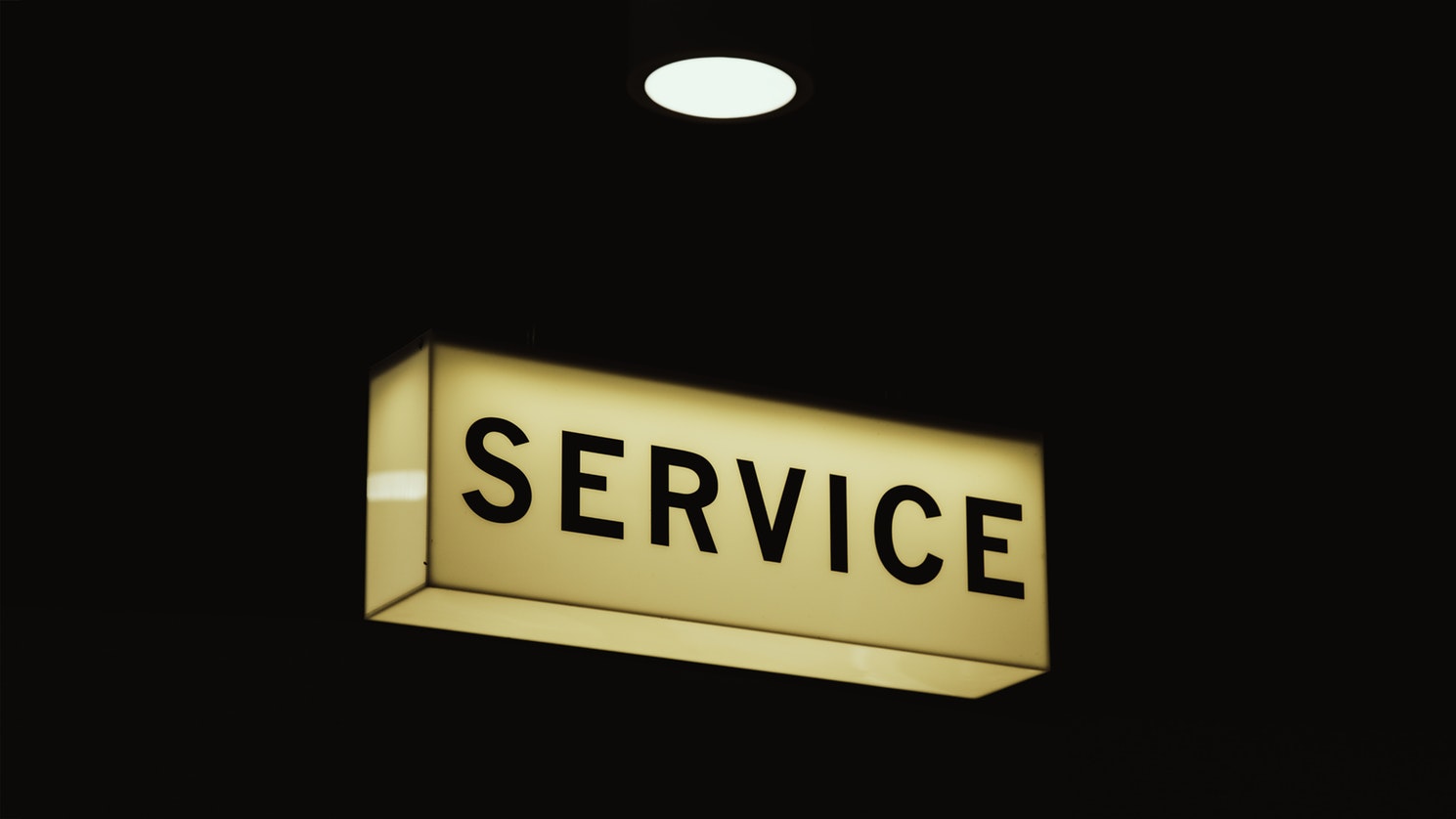Smart tech is changing everything from the homes we live in to how our cities are managed, and the hospitality industry is no exception. In fact, in many ways, the hospitality industry is leading the charge in the adoption of smart business technology.
Credit: phife
After all, from operations to guest experience to marketing, smart hotel tech offers a variety of both cost savings and revenue opportunities, and is allowing hotels to reach new levels of profitability. Here are some of the ways in which smart tech will be reshaping the hotel industry in the very near future.
Big Data & Big Data Protection
One of the main benefits of smart tech is how it aggregates data and makes it actionable. But with big data comes big responsibility. As Cloudbeds puts it:
Big data is great when you can use it to take action – whether that’s tackling a new market segment or adjusting your rate plans to compete against your competitors. However, the biggest concern around big data and the necessary data harboring is the safety around it. Every data harborer’s goal is to keep their customers’ data safe, but that’s easier said than done. In recent years, we’ve seen massive data breaches that have literally put hundreds of millions of consumers at risk – like Equifax and Target.
As the price-point of big data solutions makes them more accessible to medium-sized segments of the hotel market, we can expect to see more hotel owners adopt and invest in them. More importantly, however, we can expect solution providers who can guarantee data protect to dominate their market segments.
Credit: Pietro Jeng
Smart Energy Management
On the operations side of the hospitality industry, one of the most prominent smart techs we will see hotels continue to adopt will be smart energy management solutions. And for good reason: in the hospitality industry, energy consumption is the largest utility cost of all.
Indeed, the 2015 edition of Trends in the Hotel Industry found that “electricity is the largest utility expense comprising 60 percent of total expenditures.” And smart technology is helping hotels manage and reduce their energy costs in a variety of ways. And the result is not just reduced costs, but improved guest experiences well.
For starters, smart thermostats and occupancy sensors can monitor and respond to fluctuations in occupancy. More importantly, smart energy management systems like Verdant EI use sophisticated machine learning algorithms to continuously analyze historical thermodynamics, local weather patterns, and peak demand loads to optimize energy consumption in real-time, all year round.
And smart energy savings aren’t just wild speculation. Indeed, smart energy management systems can reduce hotel energy costs by up to 20%, and generate some of the fastest payback periods in the industry (between 12-24 months). They can also significantly increase the resale value of a hotel.
The energy savings from IoT technology is not limited only to HVAC systems. Smart Lighting technology also allows hotels to better understand their energy needs, automate their consumption, and adapt to real-time changes in occupancy. Essentially, just as smart HVAC systems (such as Verdant EI) use occupancy sensors and machine learning algorithms to continuously analyze demand load patterns and optimize HVAC energy consumption, smart lighting systems similarly allow hotels to set preferred lighting times, track occupancy patterns, and improve overall lighting energy consumption throughout the year.
Credit: malcolm lightbody
For instance, when the Chatwal Hotel in New York City retrofitted approximately 1,300 lamps, in the hallways, common areas, and 80 rooms, it saved more than 410,000 annual kilowatt-hours, equating to a 90% reduction in lighting energy consumption. Indeed, the Chatwal Hotel saved around $124,255 in the first year alone.
Predictive Maintenance
Just as smart energy management systems allow hotels to monitor, track, and optimize energy consumption, Predictive Maintenance allows them to use sensor data to identify wasteful or hazardous trends and alert maintenance staff before a given issue escalates into a much more costly one. So rather than waiting for a component to break down before being maintenanced or replaced, IoT technologies allow engineering staff to predict maintenance needs based on system usage, prevent system failures, and reduce the costs of operating a faulty system.
Consider how a single leaky toilet can cost as much as $840/year, and then add the cost of any additional water damage that occurs until the leak is detected. By monitoring water lines with smart, low-cost IoT-enabled water meters, however, hotels can see an ROI on their water consumption in about 4 years.
Similarly, Verdant’s online management platform continuously collects data related to HVAC runtimes for each unique room and assigns them efficiency ratings. This rating is an indicator of how quickly a room can be heated or cooled back down to the guest’s preferred temperature and provides engineering teams with critical alerts when HVAC equipment is in need of attention.
Smart Guest Experiences
Of course, no hotel can operate without guests, and for that reason, we can expect to see smart tech further shape guest experience and, consequently, guest expectations. Essentially, not only can guest data be used to help better accommodate guest needs, but’ in conjunction with occupancy sensors, it can also be used to automate guest interactions throughout their stay, reducing both friction points and labor costs.
Credit: Mike Wilson
In other words, smart tech will continue to make it possible for hotels to predict and personalize a number of guest services based on both previous visits and aggregated guest data.
Smart Reserved Parking
Hotels now also have the opportunity to use smart sensors and hotel apps to allow guests to reserve parking spots in advance of their visit, and to have their space assigned upon arrival. This will not only save hotels on the labour costs of manually managing parking inventory, but it will also offer guests a smoother experience from the moment they pull-in.
Remote Check-In / Check-Out
By allowing guests to check-in remotely through their mobile device, hotel owners can better predict/manage their staffing needs and save considerably on labor costs. This technology can also alert hotel staff when guests arrive, allowing them to spend less time on the welcoming process, offer appropriate upgrades/upsells, and provide them with a more personalized guest experience — even on their first visit.
Then, at the end of the their stay, guests can enjoy a seamless self check-out experience that also allows them to arrange for their preferred transportation to their next destination (whether it be taxi, airport shuttle, or popular ride-sharing service such as Uber or Lyft) — allowing the hotels to save further on labour costs.
Mobile Room Keys
In the coming years, more hotels will offer guests room access via their smartphone app. This will save hotels the expense and hassle of managing a key card inventory that is prone to loss and demagnetization.
Smart Room Service
Smart occupancy sensors will also help hotels push menu notifications to smartphones at optimal times when the guests are in their room. These notifications can even include personalized suggestions based on past orders. Indeed, many home food delivery apps (such as JustEat) already offer a similar experience, sending push notifications to frequent users at their preferred ordering times on their preferred days.
Smart Marketing Practices
Of course, before the hotel properties of the near future can deliver on a smart guest experience, they have to bring the guests through the door, and that’s where smart marketing comes in. Indeed, the data opportunities of smart tech offer hotels a more complete picture of their guests than ever before. The catch, though, is the hotels that leverage that insight are the ones that will continue to succeed in the face of increased competition from Airbnb.
Online Reputation Management Tech
A hotel’s online ratings can not only help predict future bookings, but they offer help owners valuable insight into how well a property delivered on guest expectations.
This is why we can expect to continue to see hotels invest in platforms that help them monitor online reviews, manage their online reputation, and use that feedback to improve both their operational and guest experience standards. Indeed, online reviews not only provide a source of direct feedback from guests, but they also impact a property’s bottom line.
Customer Surveys
Of course, the challenge with online ratings is that many guest will never leave one at all. Consequently, they don’t provide a complete picture of guests’ experiences.
This is why we can expect an increase in the use of customer surveys as a data collection tool.
Indeed, as Hotel Tech Report points out, “guest satisfaction scores quantify how guests feel about staying at your hotel. Some hotels rely on guest review scores from sites like Tripadvisor, Google, Expedia, and Booking.com, which show average review scores on a scale from 1 to 5 (or 1 to 10 on Booking.com). Other hotels might use an internal guest sentiment tool, such as TrustYou, to gather their own data about guest satisfaction. Either way, guest satisfaction scores provide valuable intelligence about what your hotel is doing well and which areas have room for improvement.”
Smart Loyalty Program Management
And since there’s no business like repeat business, the feedback that returning guests can offer through loyalty programs can provide valuable (and actionable) insight into a property’s guest experience. As iDashsoards puts it:
From tracking repeat customers to tracking the value of their purchases, there are several KPIs you can use to measure the success of loyalty programs. If your loyalty program isn’t meeting the goals and objectives you had for it from the outset, revamp it to be ROI driven and more enticing.
In other words, loyalty programs will help hotels more precisely measure the guest experience of their most valuable customers, helping them to optimize guest experience and secure future bookings.
Smart Hotel Management
The world around us seems to be changing at an increasing rate, and the hospitality industry with it. While some technology brings increased competition and threatens decreased revenues, other technology offers more than sufficient to offset diversity.
As we move toward 2020, we can expect to see more hotel properties leverage a variety of smart tech to reduce operational costs, improve guest experience, and exploit new sources of revenue. The opportunity is in the data. And the successful properties will be the ones that invest in collecting and analyzing it in an actionable fashion.

